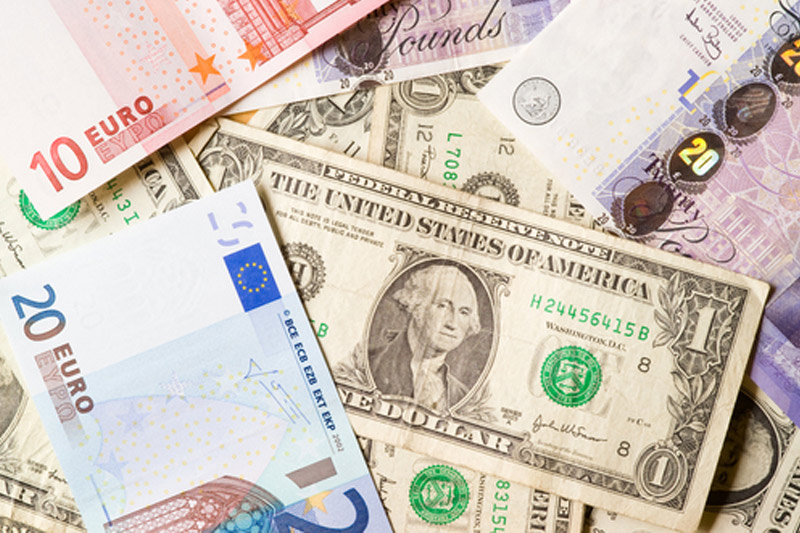Investing.com - The pound backed off 14-month lows against the dollar on Monday and gained ground against the euro after a senior European Central Bank official warned that the euro area economy is suffering a “massive weakening”.
GBP/USD was up 0.18% to 1.5613, off lows of 1.5540 struck overnight, the weakest since September 2013.
Sterling rose to session highs against the euro, with EUR/GBP down 0.37% to 0.7853.
The euro came under renewed selling pressure after ECB Governing Council member Ewald Nowotny warned that the euro zone economy is suffering a “massive weakening”.
He added that there is a “high probability” that euro zone inflation would slow further in the coming months, indicating that full blown quantitative easing may be needed.
Last Thursday, the ECB indicated that it would not embark on quantitative easing for now, saying the bank would reassess its stimulus program in the first quarter of 2015.
Demand for the dollar continued to be underpinned after Friday’s strong jobs report for November highlighted the diverging economic recovery between the U.S. and the rest of the world.
The U.S. economy added 321,000 jobs in November, far more than the 225,000 forecast by economists and the largest monthly increase in almost three years.
September’s figure was revised up to 243,000 from a previously reported 214,000 and the unemployment rate remained unchanged at a six-year low of 5.8%.
The unusually strong data saw investors bring forward expectations for the first hike in U.S. interest rates to mid-2015 from September 2015 before the report.
Investor sentiment remained subdued after economic reports released on Monday added to fears over the outlook for global growth.
Revised data showed that Japan’s third quarter economic contraction was deeper than initially estimated.
Japan’s gross domestic product contracted by an annualized 1.9%, more than the preliminary estimate of a 1.6% decline.
A separate report showed that Chinese exports slowed in November, adding to concerns over a slowdown in the world’s second-largest economy.
In the euro zone, data showed that German industrial production rose just 0.2% in October, while September’s figure was revised down to 1.1% from 1.4% previously. The data fuelled concerns over the outlook for fourth quarter growth.
The U.S. dollar index, which measures the greenback against a basket of six major currencies, hit a peak of 89.57, the strongest level since March 2009.
